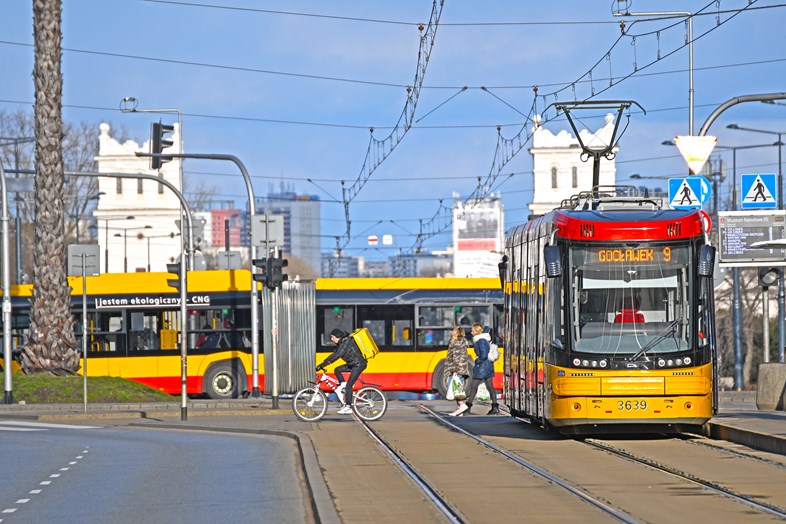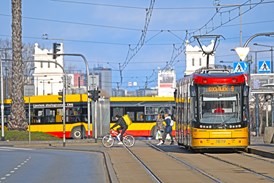21 May 2020
Arriva blog: Arriva CEO on why public transport needs to stay front and centre of efforts to tackle climate change

Manfred Rudhart, Arriva CEO
At a recent meeting with the EU Commission Vice-President, Frans Timmermans, and public transport operators, the continued importance of modal shift was discussed as vital to achieving the EU’s climate targets. Whilst we have seen transport emissions and air pollution levels drop significantly during the pandemic, these are only short-term changes if society goes back to its old ways.
Even before the coronavirus crisis, there were plenty of reasons to change transport priorities. With more than 4 in 5 domestic passenger journeys in Europe made by private car, it was clear that a different approach was needed to reducing carbon emissions, as well as tackling urban congestion and improving air quality.
Lockdown measures across Europe enabled many of us to witness a different world with normally busy streets unclogged of traffic. In London, one of the most congested cities in Europe, emissions nearly halved on some busy roads. In Milan, one of the cities worst affected by coronavirus, traffic congestion dropped by up to 75% in some places, with a corresponding fall in pollution too.
Having had a taste of what decongested streets and cleaner air could look like, it is not surprising that some cities in Europe are now using the opportunity to take a different approach to urban transport and city planning. Temporary measures that were put in place to encourage social distancing - including road closures and pop-up cycle and bus lanes - are now being considered as part of wider efforts to avoid a resurgence in car use.
As we come slowly and safely out of lockdowns across Europe, the imminent priority for public transport operators is to continue to ensure passenger safety and rebuild customer trust. It will take some time, but with the right safety measures in place, and by working in partnership, I am confident that people can be encouraged back to public transport.
However, society should not just go back to the way things were. Instead, we should move forward and dare to reimagine mobility. Transport planners and policy makers have an opportunity to use the coronavirus crisis to lock-in some of the environmental gains made in recent months by adopting permanent sustainable travel options.
Let’s expand bus rapid transport systems and rail networks to increase capacity. Let’s look at reclaiming on-street parking and reallocating road space in favour of wider pavements, and dedicated cycle and bus-only corridors. Let’s embrace the anticipated growth in active travel options, which can play a useful solution for first and last mile journeys in urban and rural settings.
Across Europe, we need to work in partnership, with local authorities, mobility providers and operators, to redesign our transport networks. Changes which facilitate active travel, and provide additional space for more efficient public transport, must be made permanent. This is the only way we can encourage modal shift, achieve the EU’s climate targets and create clean, sustainable mobility systems, fit for the future.
Contact information
Phil Curry
Senior Communications Manager
Arriva Group press office
+44 (0)7825 342 976
curryp@arriva.co.uk

